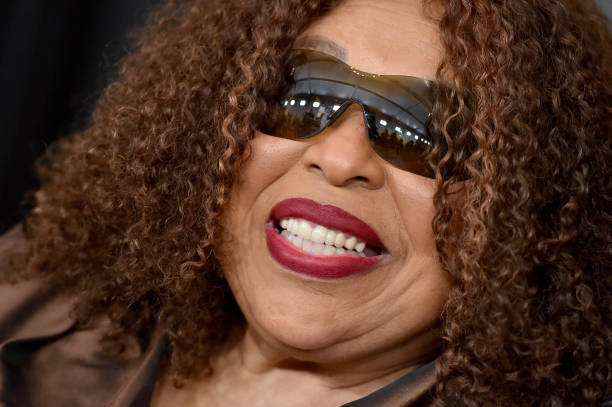
![]()
Roberta Flack, one of the most popular artists of the 1970s, died on Monday in Manhattan. She was 88. The cause of death was cardiac arrest.
Ms. Flack rushed to worldwide stardom in 1972, after her version of The First Time Ever I Saw Your Face was featured in a Clint Eastwood film.
The song had been released three years earlier, on her debut album for Atlantic Records, but came out as a single only after the film was released.
Within weeks it was at No. 1 on the Billboard chart — a perch she would reclaim two more times, with Killing Me Softly With His Song in 1973 and Feel Like Makin’ Love in 1974.
In both 1973 and ’74, she won Grammy's for record of the year and best pop vocal performance, and in both years the composers of her hits won for song of the year.
Ms. Flack’s steady, powerful voice could connote tenderness, pride, conviction or longing, but hardly ever despair. Most of her best-known albums included at least a few funk and soul tracks, driven by a slapping backbeat and rich with observational social commentary.
But her biggest hits were always something else: slow folk ballads The First Time or mellifluous anthems Killing Me Softly or plush love songs Feel Like Makin’ Love.
“Roberta Flack underplays everything with a quietness and gentleness,” the writer and folklorist Julius Lester once observed in a Rolling Stone review. “More than any singer I know, she can take a quiet, slow song (and most of hers are) and infuse it with a brooding intensity that is, at times, almost unbearable.”
She placed equal priority on passion and clear communication — like an instructor speaking to an inquisitive student, or a lover pledging devotion.
“I’ve been told I sound like Nina Simone, Nancy Wilson, Odetta, Barbra Streisand, Dionne Warwick, even Mahalia Jackson,” Ms. Flack told The New York Times in 1970. “If everybody said I sounded like one person, I’d worry. But when they say I sound like them all, I know I’ve got my own style.”
Ms. Flack belonged to a broad and continuing tradition of singer-pianists — Nina Simone, Aretha Franklin, Alicia Keys — whose music is equally rooted in the blues, the Black church and Western classical music, while she frequently sang songs of social frustration and racial solidarity.
In performance, she and Hathaway sometimes recast “Somewhere,” the Leonard Bernstein and Stephen Sondheim Broadway hit, as a declaration of Black solidarity and resolution. “Someday, somehow/We’ll find a new way of living/We’ll find a way of forgiving,” they sang, their voices closely entwined. In one rendition caught on film, she pauses halfway through the first verse to inform her audience: “I want you to know, this has absolutely nothing to do with ‘West Side Story.’ I hope I won’t have to explain it to you.”
Ms. Flack was also a staunch advocate of gay rights. She sang “Ballad of the Sad Young Men” on her debut album, and she sang the theme song to “Making Love,” a 1982 film about a man grappling with his sexual identity.
“I was so glad when that song charted,” Ms. Flack said in an interview with Hotspots magazine. “People who did not know that the song was about love between two men loved that song. I would talk about it in my shows, and about how love is love. Between a man and a woman, between two men, between two women. Love is universal, like music. I always say, ‘Love is a song.’”